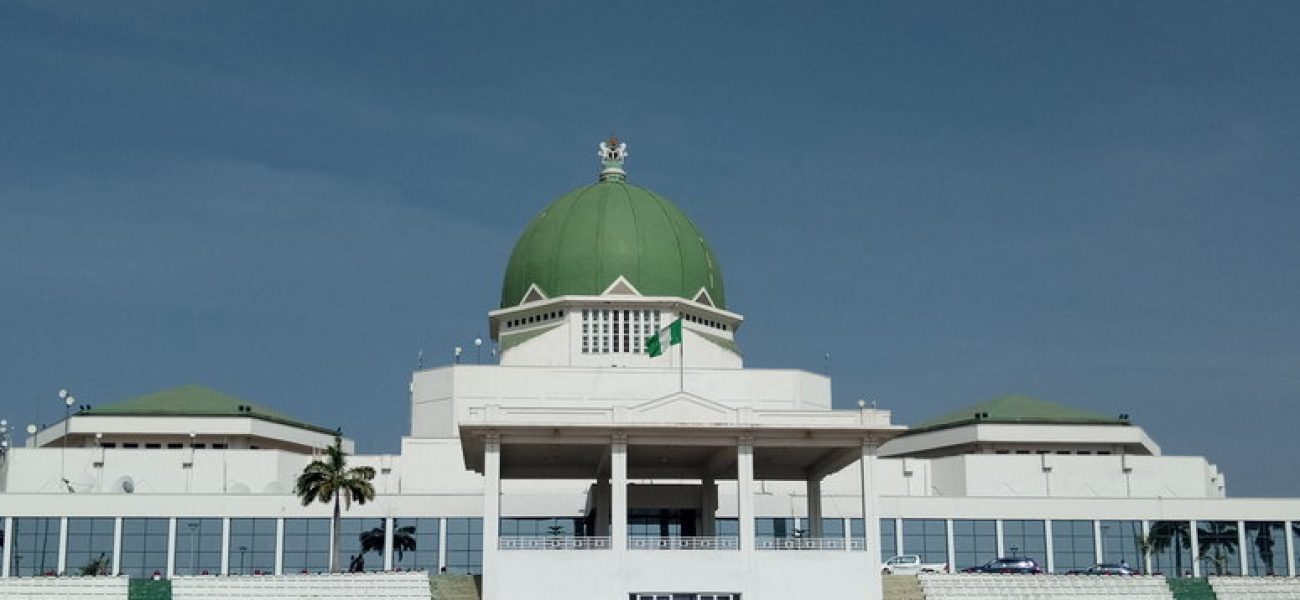After more than two months of a long vacation, the Nigerian National Assembly resumed on Tuesday, September 24, 2024. With less than three months to the end of the year, the National Assembly is returning to legislative business with several issues outstanding. First is Constitution alteration; second is electoral reform and then the 2025 national budget. Fourth is the likely consideration and screening of new ministers whom Bayo Onanuga, President Tinubu’s Special Adviser on Information and Strategy has said, will be forwarded to the Senate for confirmation hearing soon.
There are other key issues as well – implementation of the new national minimum wage, serious citizens’ agitations about cost of living, escalating insecurity and many more.
In real terms, the National Assembly has only the full month of October and November and with limited number of days in December owing to the end of year holidays, to address these multiple issues.
The Committees on Constitution Review in the Senate and House of Representatives set out a work plan with an objective to seeing the Constitution review process conclude by 2025. Outstanding activities for 2024 according to the work plan include zonal and national public hearings on the Constitution alteration bills before the National Assembly, follow-up retreats of the Committees, and engagements with State Houses of Assembly set for early next year.
There have also been the efforts by the Joint Committees on Electoral Committees in the Senate and House of Representatives to achieve the passage of a new/amendment of the Electoral Act. The Committees recently met with stakeholders from political parties and the judiciary to make consultations for electoral reform. It is pertinent that any modifications to the electoral process are concluded well ahead of the 2027 general elections to ensure smooth implementation. However, there are some aspects of electoral reform that may be dependent on the conclusion of Constitution reform by the National Assembly.
The Senate and House of Representatives on September 26 approved an additional N288 billion Supplementary Budget for the Federal Capital Territory Authority (FCTA). The National Assembly had earlier passed a supplementary budget of N98.5 billion for the FCTA in June 2024. The initial 2024 budget of FCTA is N1.2 trillion.
As the 2024 year nears its end, one of the issues on the front burner of the National Assembly is the 2025 National Budget. The President should present the 2025 budget before the end of the year. In line with section 21(2) the Fiscal Responsibility Act, it is expected that government corporations and agencies would have submitted their respective annual budgets for 2025 to the Minister of Finance at the end of August.
Last year, the 2024 Appropriation Bill was presented on 29th November 2023, passed by the National Assembly on 30th December 2024 and received presidential assent on 1st January 2024. This ‘record time’ for passage did not appear to give enough opportunity for scrutiny of the details of the proposals contained in the budget. The budget became the subject of controversy when Senator Abdul Ningi insinuated that the budget was padded.
On other emerging issues such as skirmishes within the oil and gas industry, including the rising costs of petroleum products and the back and forth between Dangote Refinery and the Nigerian National Petroleum Company Limited (NNPCL), the ad-hoc Committee set up by the House of Representatives to investigate these issues is yet to submit any report.
There are also several other issues that demand the National Assembly’s intervention. Since August, Nigerians have been protesting in the streets demanding an end to the worsening high cost of living in the country. An #EndBadgovernance protest rocked the country in August, leaving unresolved the complaints of the protesters. Inflation is at an all-time high. Official figures put it at 32.15% in August 2024. Observers feel that the rates of inflation in the country may be closer to 50% than the numbers quoted by the government. To put this in context, inflation in Kenya – an African country stood at 3.6% in September 2024.
There is also the big issue of insecurity. Daily, Nigerians from all walks of life and across the length and breadth of the country are kidnapped for ransom with kidnapping becoming a major industry in the country and the security services looking on helplessly and refusing to act. The National Assembly has shown no ability or initiative in responding to these issues. And yet, Nigerians are in consternation as to why these crises remain and are unresolved.
Nigerians will be watching closely to see the National Assembly deliver on its commitments to constitutional and electoral reform, as well as other specific issues indicated in their Legislative Agenda.

